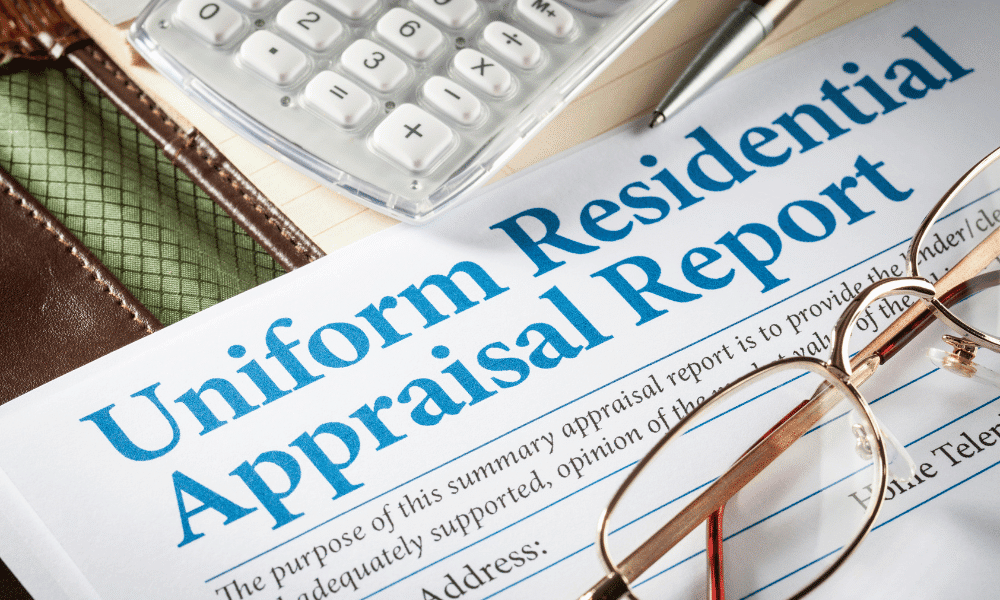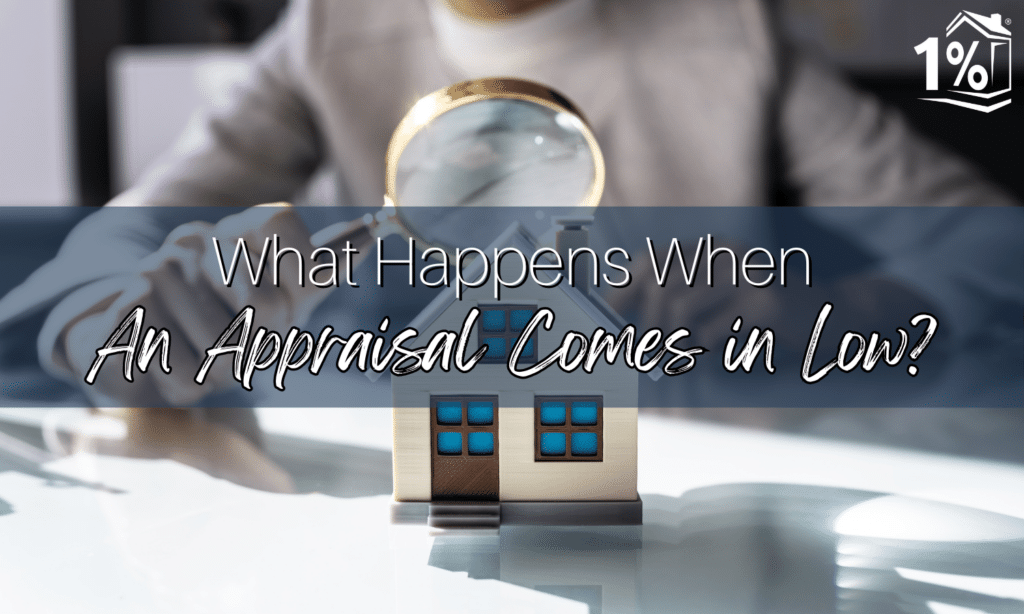Selling your home is an exhilarating experience, but it can also be nerve-wracking. Of course, you want to receive the highest possible price for your property. However, what if the appraisal value is lower than anticipated?
This is a common concern that can cause problems for both the seller and buyer. It could potentially delay the closing or even cause the sale to fall apart.
Nevertheless, a low appraisal doesn’t have to be a deal-breaker. It occurs more frequently than you may realize. That is why it’s essential to be prepared when selling your home.
In this article, we will go over the fundamentals of home appraisals and the variables that can affect your property’s worth. We will also delve into some of the common reasons for low appraisals and provide suggestions on how to avoid them.
By the end, you’ll have a better understanding of the process. And, hopefully, feel more confident in navigating your home sale successfully.

What is a home appraisal?
If you’re in the process of selling your home, getting it appraised is a crucial step. An appraisal is an assessment of your property’s value. It’s performed by a licensed appraiser who considers a variety of factors to determine your home’s fair market value.
The appraiser will conduct a comprehensive inspection of your property, both inside and out, as well as the surrounding neighborhood. They’ll use this information to compare your home to recently sold properties in the area. Additionally, they’ll take into account current real estate trends.
Several elements can influence your home’s appraisal value. These include the size, condition, layout, and any upgrades or improvements you have made. Other factors that can affect appraisal value include the location, neighborhood, and proximity to amenities like schools and shopping centers.
The appraiser plays a critical role in the home selling process. Their appraisal report is used by lenders to determine the amount they’re willing to lend to potential buyers. A low appraisal value can make it challenging for buyers to secure financing. This could potentially hinder the sale of your home.
To guarantee a fair and precise appraisal, it’s important to work with a trustworthy appraiser. Specifically one who has experience appraising homes in your area. This will enable you to obtain the best possible price for your home when it comes time to sell.
Common causes for a low appraisal
Although homeowners desire a high appraisal value, there are several reasons why a home appraisal may come in low. Understanding these reasons can help you prepare for the appraisal and take steps to mitigate any potential issues.
One of the most common reasons for a low appraisal is the condition of the property. If your home is in poor condition or requires significant repairs, the appraiser may lower its value. Similarly, outdated features or design elements that make your home less attractive to buyers may contribute to a lower appraisal value.
The appraisal value can also be significantly affected by market conditions and location. If your home is in a high-inventory, low-demand area, the appraiser may lower its value. Similarly, high crime rates in the area can negatively impact the appraisal value.
Inaccurate property information or incorrect comparables used in the valuation process can also lead to a low appraisal. Carefully reviewing the appraisal report and addressing any inaccuracies or discrepancies with the appraiser is crucial. Therefore, working with an experienced appraiser is critical.
What can be done about a low appraisal?
If you receive a low home appraisal, it can certainly be frustrating. But there are several steps you can take to address the situation.
The first step is to carefully review the appraisal report to ensure there are no errors or omissions. If you find an issue, you can request a reconsideration or appeal. However, keep in mind that these processes can be time-consuming and not always successful.
If you cannot dispute the appraisal, you still have options. One is to work with your real estate agent to negotiate with the buyer or their lender. Depending on the situation, the buyer may be willing to pay the appraisal gap out of pocket. Or, in some cases, the lender may approve a higher loan amount.
Another option is to consider making improvements to your home to increase its value. This could include repairing or upgrading the property, such as replacing outdated features or addressing maintenance issues. However, these improvements can be costly, and they may not result in a significant increase in the appraisal value.
Finally, you may need to consider lowering your asking price or walking away from the sale. While not ideal, selling your home at a fair price is ultimately in your best interest. Your real estate agent can help guide you through these options and help you make the best decision for your situation.
What to keep in mind
Keep in mind that the buyer showed interest in your home prior to the appraisal. Unless significant problems were uncovered, it’s likely that they’re still interested in purchasing your home. Factors like outdated design or a lack of amenities weren’t a concern for the buyer before and shouldn’t be now.
Often, buyers are willing to negotiate or pay the offered price to reach a mutually beneficial agreement. Remember that a low appraisal is not the end of the world. There are steps you can take to keep the sale on track. Work closely with a trusted and experienced agent, remain calm, and carefully consider all options before making any significant decisions.

Tips for preventing a low appraisal
Some factors affecting your home appraisal are outside of your control. However, there are steps you can take to increase your chances of receiving a fair and accurate valuation.
Here are some tips to help avoid a low appraisal:
- Research the real estate market in your area before listing your home to set a realistic asking price.
- Make necessary repairs and upgrades to improve the condition and value of your home.
- Declutter, clean, and stage your home to make a good impression on the appraiser.
- Keep records of any repairs or upgrades you’ve made to your home, including receipts and invoices.
- Be present during the appraisal to provide additional information about your home.
- Provide the appraiser with recent sales of comparable homes in your area to ensure they use accurate data in their valuation.
- Work with your real estate agent to avoid overpricing your home and set a realistic asking price.
By following these tips, you can increase the likelihood of a fair and accurate home appraisal. Working with a skilled agent and preparing your home can help improve the chances of a successful sale.
The bottom line
As a homeowner, receiving a low home appraisal can be frustrating and stressful. However, it’s important to remember that there are steps you can take to address the situation. At 1 Percent Lists United in Thibodaux, LA our experienced agents are here to support you through every step.
Whether you’re selling your home or looking to buy a Thibodaux property, we’ll help you navigate the appraisal process and ensure a successful transaction.

